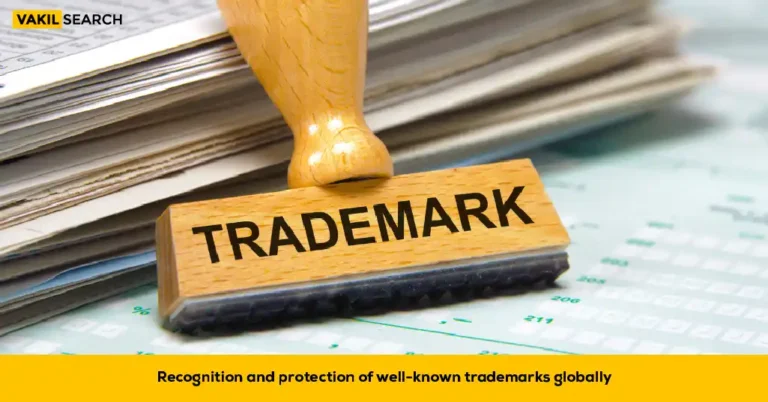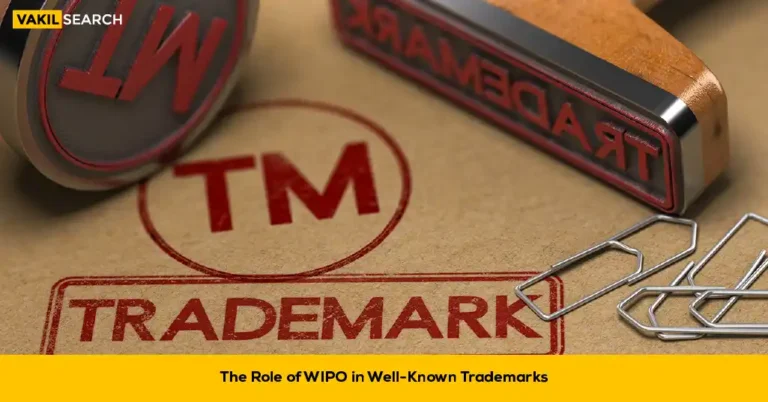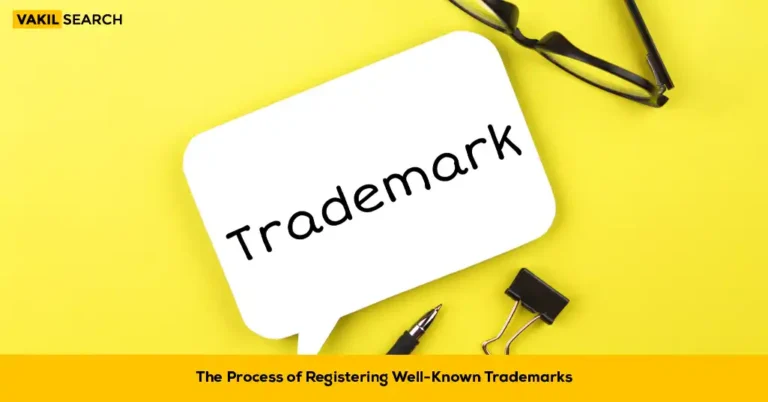Explore the distinct challenges encountered by independent contractors in protecting their trademarks. Gain insights into the legal complexities, enforcement obstacles, and effective strategies for preserving trademark rights for independent contractors.
In today’s dynamic economy, independent contractors play a vital role in various industries, offering their expertise and services to businesses of all sizes. While independent contractors enjoy flexibility and autonomy in their work arrangements, they must also take proactive steps to protect their intellectual property, including trademarks.
In this article, we’ll delve into the importance of trademark protection for independent contractors and provide a comprehensive guide on how they can secure and maintain this protection.
| Trademarks serve as valuable assets that distinguish contractors’ services in the marketplace, enhance their professional reputation, and foster client trust. |
Understanding Trademarks and Their Importance
Before delving into the specifics of trademark protection for independent contractors, it’s essential to understand what trademarks are and why they matter. A trademark is a symbol, word, phrase, or design that distinguishes and identifies the source of goods or services in the marketplace. For independent contractors, trademarks can include business names, logos, slogans, or other identifiers associated with their services.
Need for Trademark Protection
Trademark protection is crucial for independent contractors for several reasons:
- Brand Recognition: A strong trademark helps independent contractors establish a recognizable brand identity in their respective industries. It allows clients to easily identify and distinguish their services from those of competitors, fostering brand loyalty and repeat business.
- Reputation Management: Trademarks enable independent contractors to build and maintain a positive reputation in the marketplace. By protecting their brand from unauthorized use or infringement, contractors can uphold the quality and integrity of their services, earning the trust and confidence of clients and stakeholders.
- Legal Protection: Registering a trademark provides independent contractors with legal recourse against unauthorized use or infringement by third parties. It allows them to take legal action to enforce their exclusive rights to use their trademark and prevent others from exploiting or diluting their brand.
- Asset Value: A registered trademark adds tangible value to an independent contractor’s business. It can be licensed, franchised, or sold, generating additional revenue streams and enhancing the overall worth of the contractor’s enterprise.
Securing Trademark Protection: A Step-by-Step Guide
Now that we understand the importance of trademark protection for independent contractors, let’s explore the steps involved in securing and maintaining this protection:
- Conduct a Trademark Search: Before selecting a trademark, independent contractors should conduct a comprehensive search to ensure that their desired mark is available for use and registration. This involves searching existing trademarks in the relevant jurisdiction to avoid potential conflicts or infringement issues.
- Choose a Distinctive Mark: Independent contractors should select a trademark that is unique, memorable, and distinct from existing marks in the marketplace. A distinctive mark is more likely to receive trademark protection and stand out in the minds of clients and consumers.
- Register Your Trademark: Once a trademark has been chosen, independent contractors should consider registering it with the appropriate government authority. In the United States, this typically involves filing a trademark application with the United States Patent and Trademark Office (USPTO). Registration provides several benefits, including nationwide protection, legal presumption of ownership, and the ability to use the ® symbol.
- Use Your Trademark Consistently: To maintain trademark rights, independent contractors must use their mark consistently in connection with their services. This includes using the mark on promotional materials, websites, business cards, and other relevant platforms. Consistent use helps establish trademark rights and prevents abandonment or loss of protection.
- Monitor and Enforce Your Rights: Once registered, independent contractors should actively monitor the marketplace for potential infringement or unauthorized use of their trademark. This may involve conducting regular searches, monitoring online platforms, and taking prompt action to address any infringements through cease-and-desist letters or legal proceedings.
- Periodically Renew Your Trademark Registration: Trademark registrations require periodic renewal to remain in force. Independent contractors must file renewal applications and pay the necessary fees to maintain their trademark protection. Failure to renew a registration can result in the loss of valuable rights and protection.
Conclusion
In conclusion, trademark protection is essential for independent contractors seeking to establish and maintain a strong presence in the marketplace. By following the steps outlined in this guide, contractors can navigate the trademark registration process effectively and ensure ongoing compliance with legal requirements.
Ultimately, investing in trademark protection is a strategic decision that can yield long-term benefits and contribute to the success and sustainability of an independent contractor’s business.
FAQ’S
What are the unique challenges faced by independent contractors in protecting trademarks in India?
Independent contractors in India face challenges such as limited resources, lack of legal expertise, and difficulty establishing ownership of trademarks developed during client engagements.
How does the nature of contractor-client relationships impact trademark protection efforts in India?
Contractor-client relationships in India often involve complex agreements and ownership arrangements, leading to uncertainties regarding trademark ownership, usage rights, and enforcement responsibilities.
What steps can independent contractors take to protect their trademarks in India?
Independent contractors in India can take steps such as clarifying ownership rights in contractual agreements, registering trademarks in their own name whenever possible, and maintaining documentation to establish trademark usage and ownership.
Are there any legal risks associated with using trademarks as an independent contractor in India?
Yes, independent contractors in India may face legal risks such as disputes over trademark ownership, accusations of infringement, and challenges in enforcing trademark rights without clear contractual provisions or registration.
How can independent contractors navigate disputes over trademark ownership in India?
Independent contractors can navigate disputes over trademark ownership by maintaining detailed records of trademark development, usage, and agreements, seeking legal advice to assess ownership rights, and negotiating with clients to resolve conflicts amicably.
What role do intellectual property clauses in contracts play in protecting trademarks for independent contractors in India?
Intellectual property clauses in contracts play a crucial role in defining trademark ownership, usage rights, and enforcement responsibilities for independent contractors in India, providing clarity and legal protection.
What are the implications of not addressing trademark ownership issues upfront for independent contractors in India?
Failing to address trademark ownership issues upfront for independent contractors in India can lead to legal disputes, loss of control over valuable brand assets, damage to reputation, and potential financial liabilities.
Can independent contractors in India register trademarks on behalf of their clients?
Generally, independent contractors in India cannot register trademarks on behalf of their clients unless specifically authorized to do so in contractual agreements or as authorized representatives.
What strategies can independent contractors use to educate clients about the importance of trademark protection in India?
Independent contractors can educate clients about the importance of trademark protection in India by highlighting the benefits of brand differentiation, reputation management, and legal compliance, and offering guidance on trademark registration and enforcement.
How can independent contractors stay informed about trademark laws and regulations in India?
Independent contractors can stay informed about trademark laws and regulations in India by regularly consulting legal resources, attending seminars or workshops, engaging with industry associations, and seeking guidance from experienced intellectual property professionals.










